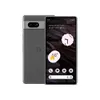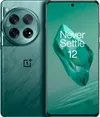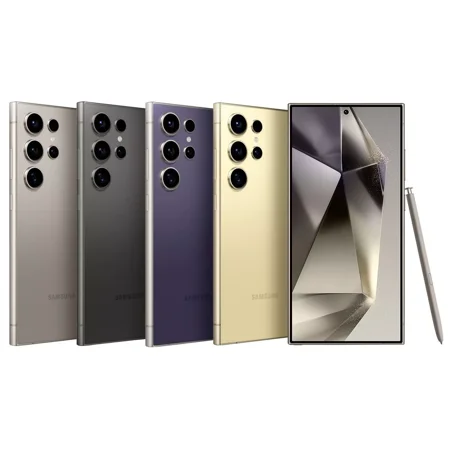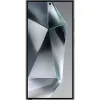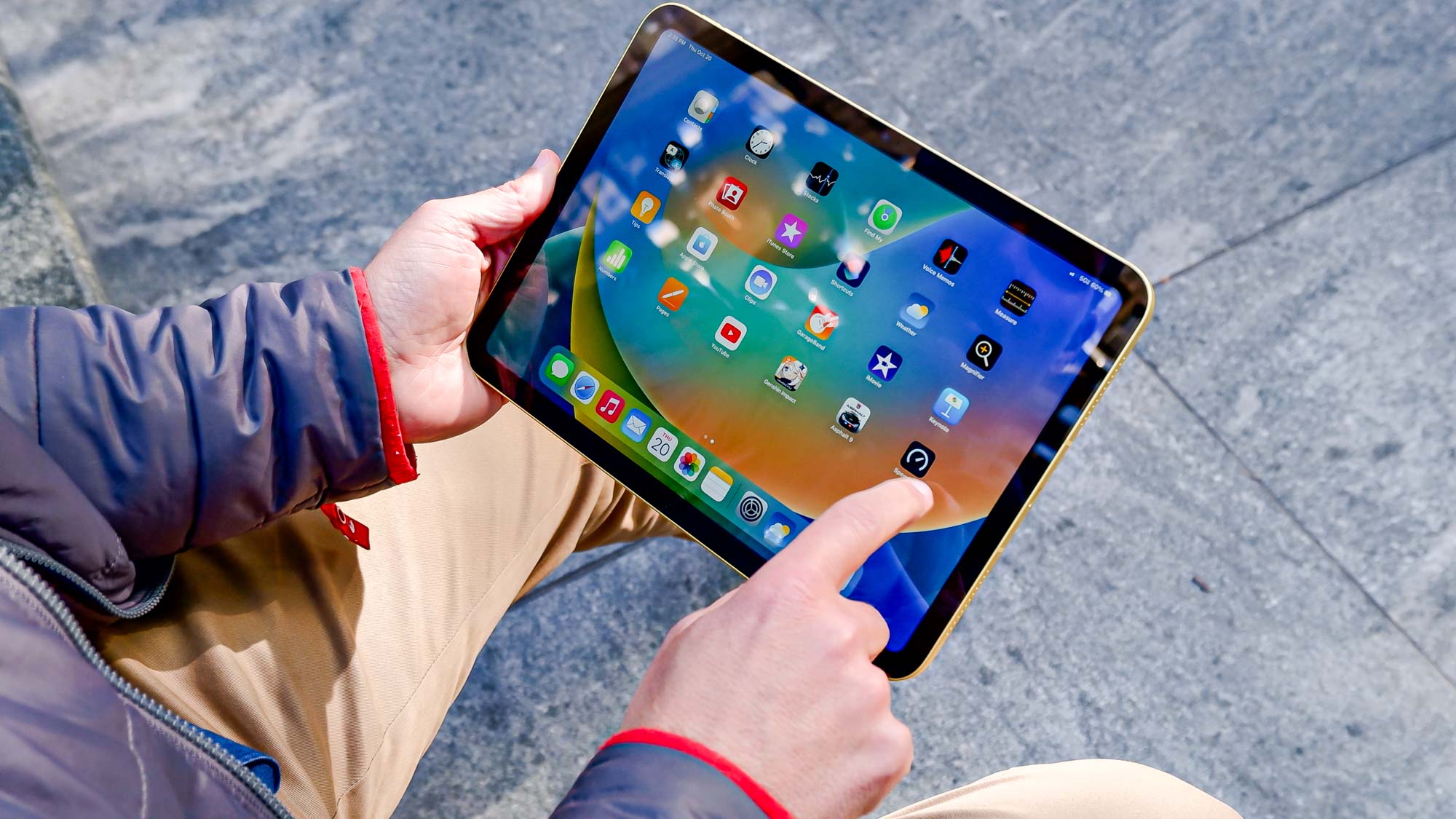Forget Pixel 8a — here's 7 reasons why I’m waiting for Pixel 9 Pro
The Pixel 8a has a lot of good qualities, just not the ones I'm looking for
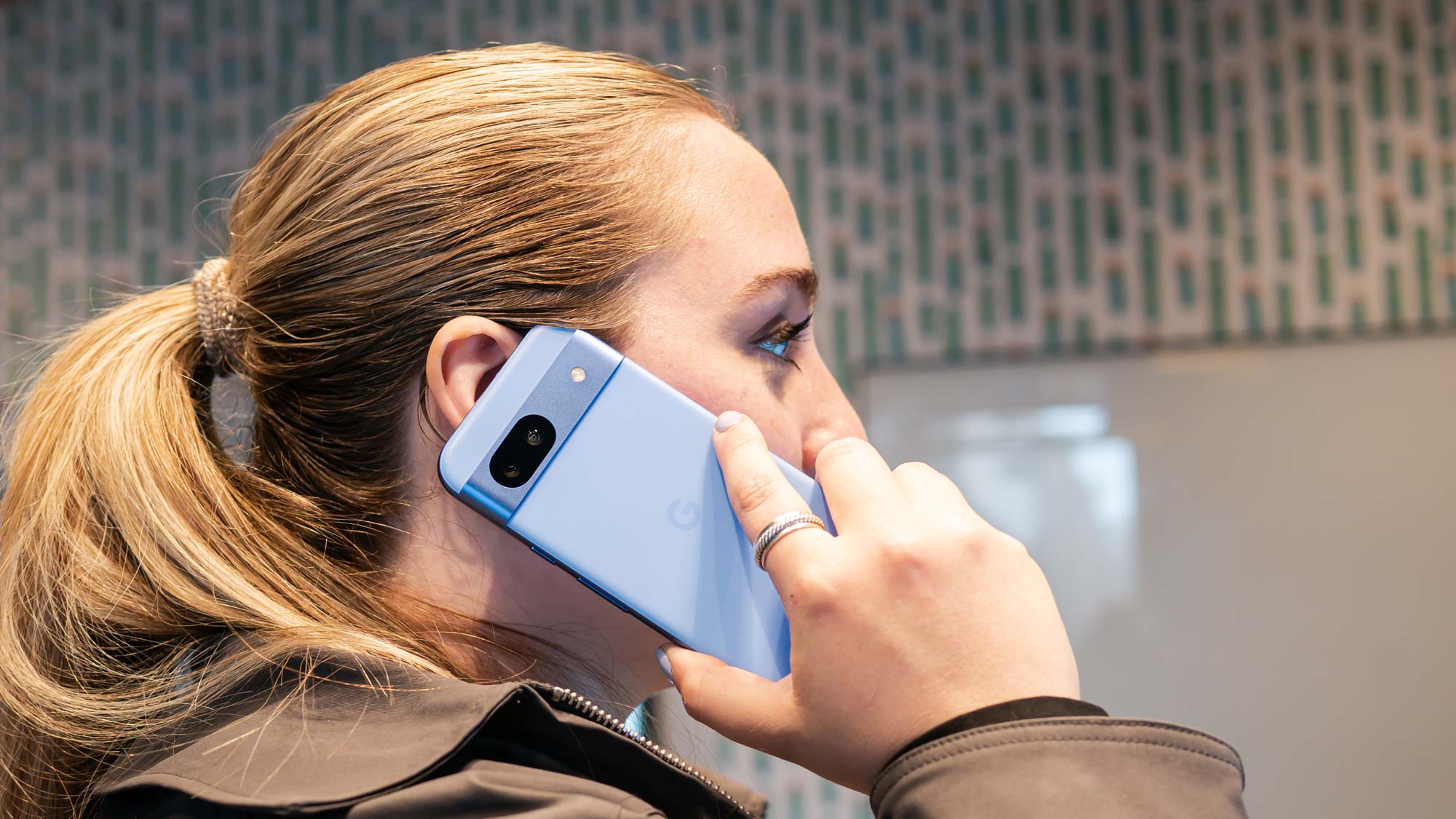
The Google Pixel 8a offers a lot for the price you’d pay. A powerful camera, flagship-tier AI features, a bright Actua display with 120Hz refresh rate and the latest Android updates before any other non-Pixel phones. Not to mention 7 years of those updates, and the fairly reasonable price of $499.
But despite all the benefits and low pricing, the Pixel 8a has to offer, it is still an A-Series Pixel. The high cost may have been one of the reasons why I ended up canceling my Pixel 8 Pro pre-order last year, but it wasn’t the only factor. Sure the Pixel 8a has a lot to offer compared to my own Pixel 6 Pro, but we are only a few months away from the launch of the Pixel 9 series — which will have a bunch more to offer.
Sure it’ll cost more as a result, but I’m probably going to be ok with that trade-off. Here are 7 reasons why I’m waiting for the Pixel 9 Pro instead of buying a Pixel 8a.
The telephoto camera lens
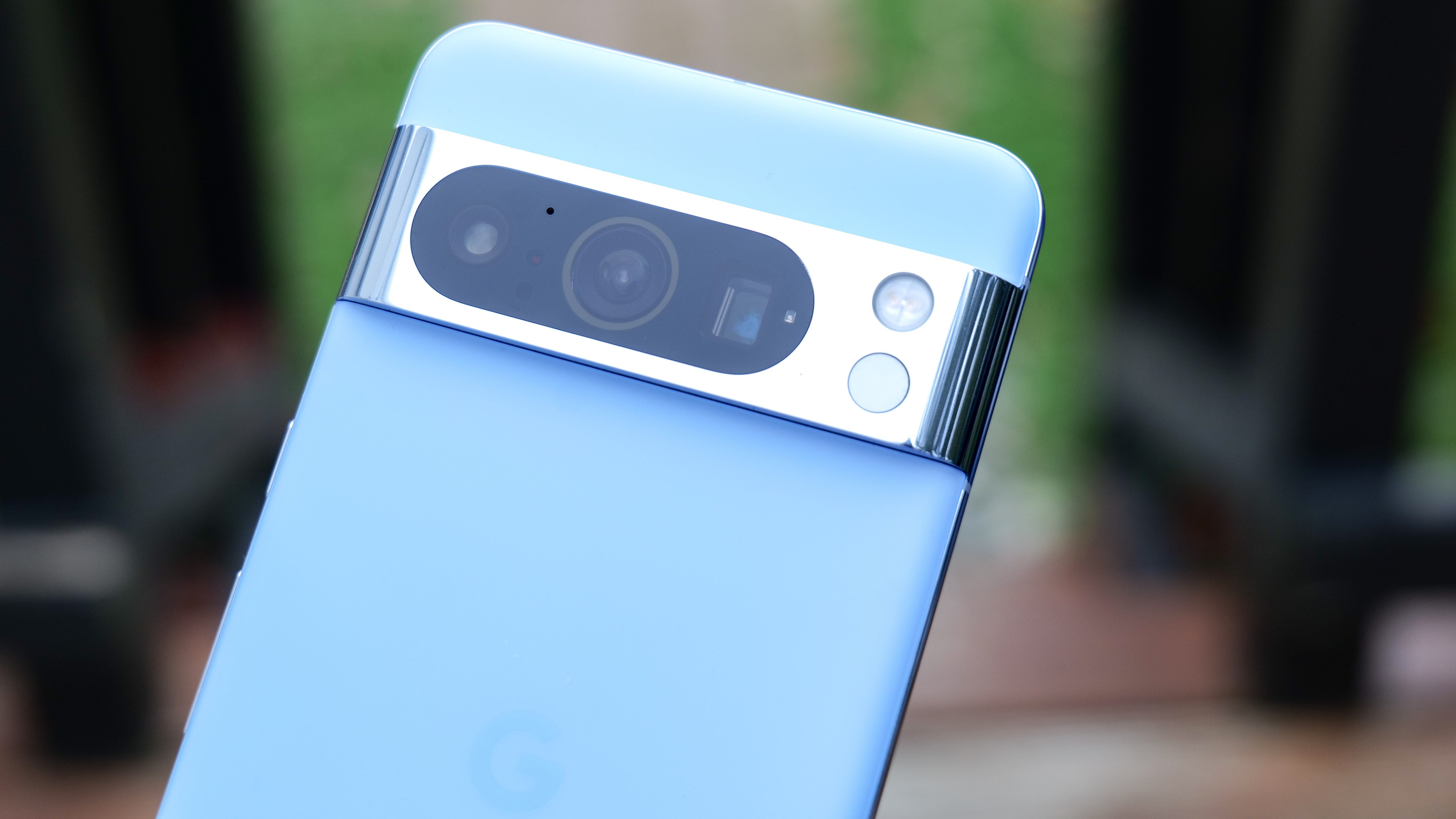
One of the defining features of Pro Pixel models, and many other Pro-tier flagships, is the telephoto lens. It’s the kind of feature that you don’t see on entry-level flagships, let alone mid-range phones like the Pixel 8a. In my experience, that telephoto lens and optical magnification tend to look and feel so much better than digital alternatives.
Things have changed in the past several months, with the likes of Apple and Samsung offering “telephoto-like” zooming that involves taking higher-resolution images and cropping them down to size. This is a cool use of those extra megapixels, but that 2x fake magnification doesn’t really compare to 5x or even 3x optical zoom.
I found that out myself comparing the Pixel 6 Pro’s telephoto lens against the Pixel 7a’s digital zoom this time last year. Even the newer phone, with better photo processing, couldn’t compete with real magnification and it’s something I’ve grown very accustomed to over the years.
More durable materials
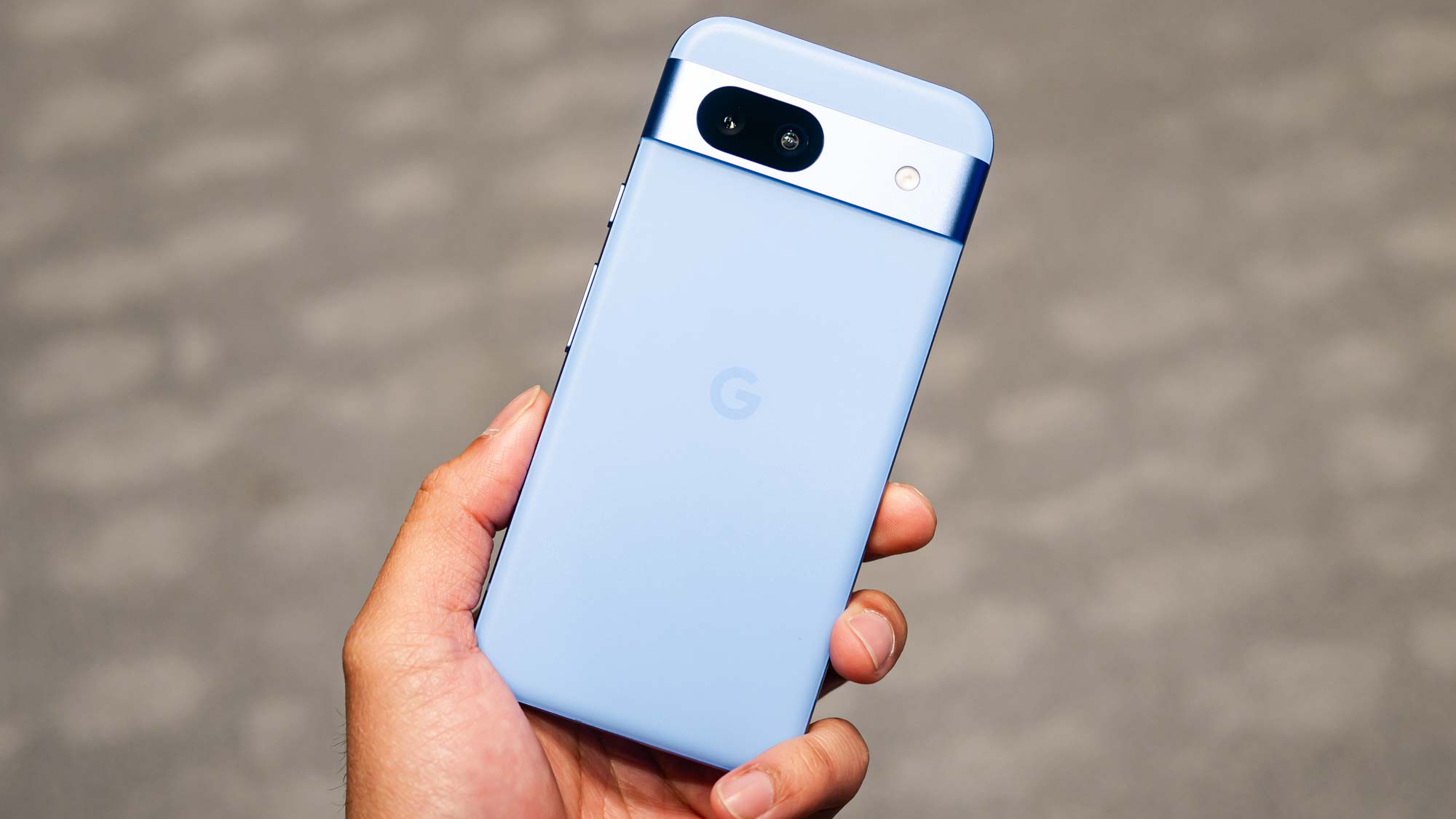
The cheaper price tag of the Pixel 8a comes at the expense of various things, and one of the big ones is the material that the phone is made from. The Pixel 8a switches things up by offering a metal aluminum frame, but it still uses a composite back that is effectively a fancy kind of plastic. On top of that, the display is made from Gorilla Glass 3, a material that’s been out of date for quite a few years now but sticks around on A-series Pixels.
Sign up to get the BEST of Tom's Guide direct to your inbox.
Get instant access to breaking news, the hottest reviews, great deals and helpful tips.
While flagship Pixels historically use aluminum as well, rather than more durable materials like titanium or stainless steel. We’re not expecting that to change this year, but we should still see the Pixel 9 Pro opt for more premium and durable glass. At the very least the front and back panels should be the same Gorilla Glass Victus 2 that we saw on the Pixel 8 Pro. This means the phone should be more resistant to scratches and other screen damage compared to the Pixel 8a and other A-series handsets.
Tensor G4
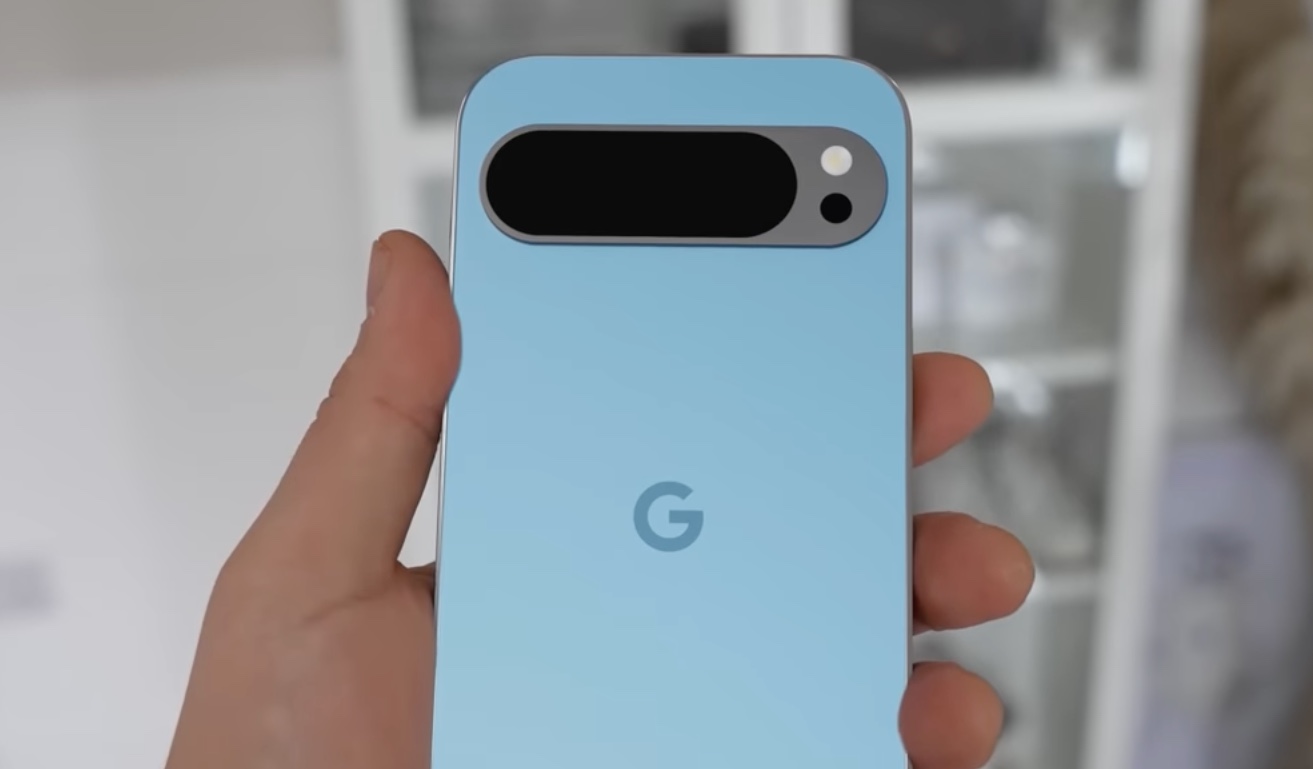
The Tensor G3 is currently the latest and best Google chipset on offer, with new AI processing, better image processing and a boost in efficiency compared to older chips. But there’s only a few months before the next Tensor chip arrives as part of the Pixel 9 and Pixel 9 Pro — and frankly, I’d rather wait for that.
We don’t know a great deal about the Tensor G4 just yet, aside from the fact it probably won’t be a totally-Google-made chipset. That’s not due until next year at the earliest. Still, we can hope that the Tensor G4 does more of the same, powering new AI features, improving computational photography, and hopefully giving the Pixel 9 series a much-needed performance boost without causing the battery life to drop by several hours in the process.
The possibility of Qi2
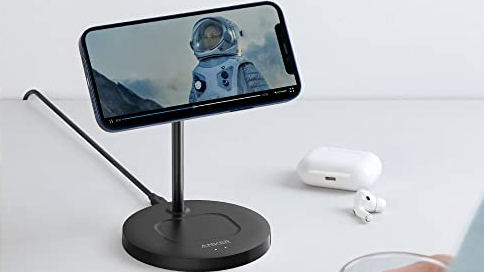
The Qi2 wireless charging standard is a major change for wireless charging, but it’s yet to appear on any Android phone. This is down to the standard only being finalized earlier this year, and the majority of 2024 phones had to miss out as a result. The Pixel 9 Pro’s late-in-the-year release means it might be able to slip in the new tech, though there’s still a very good chance that it won’t happen at all.
We won’t know until much closer to the phone’s launch date in October. But since Qi2 is something I’ve been eager to use since it was announced last year, I’d much rather stick around and see what happens with the upcoming Pixel refresh. At the very least we should expect to see much faster wireless charging from the Pixel 9 series, since the Pixel 8a is limited to 7.5W Qi1 speeds.
LTPO display
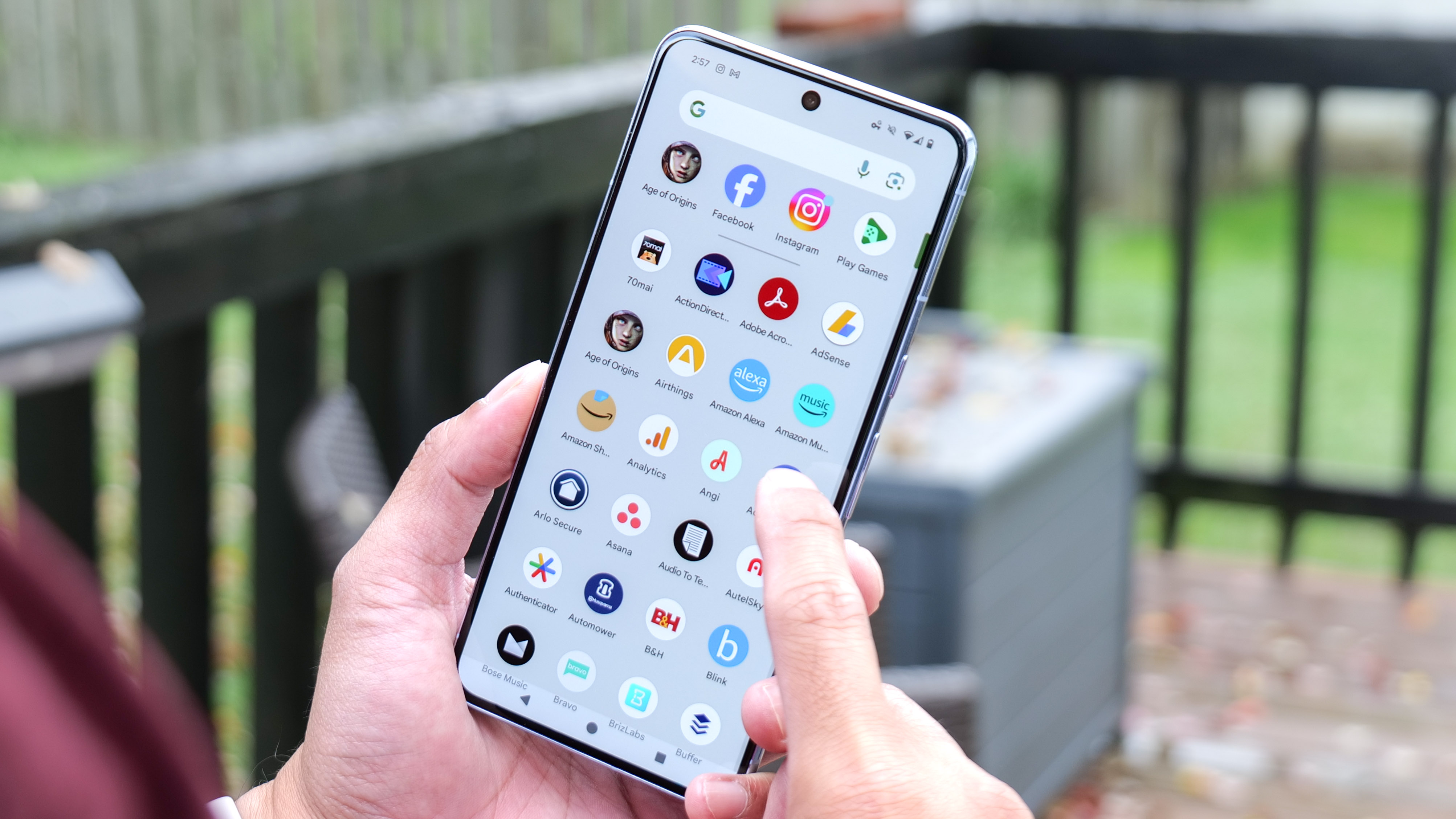
The Pixel 8a is the first mid-range Pixel to offer a 120Hz display, up from 90Hz on the Pixel 7a. Not only is this a massive upgrade Google has confirmed that it’s an adaptive refresh rate, meaning you’re not locked into 120Hz all the time — a factor that has been known to cause excessive battery drain.
Unfortunately, the Pixel 8a is like the Pixel 8, and this is not an LTPO display that switches between 1Hz to 120Hz depending on what’s on screen. The bottom limit is 60Hz, which means the power draw is going to be higher than it would be with LTPO. On top of that, the Pixel 9 Pro is likely to have another kind of Super Actua display, with all the additional brightness that affords.
Faster charging speeds
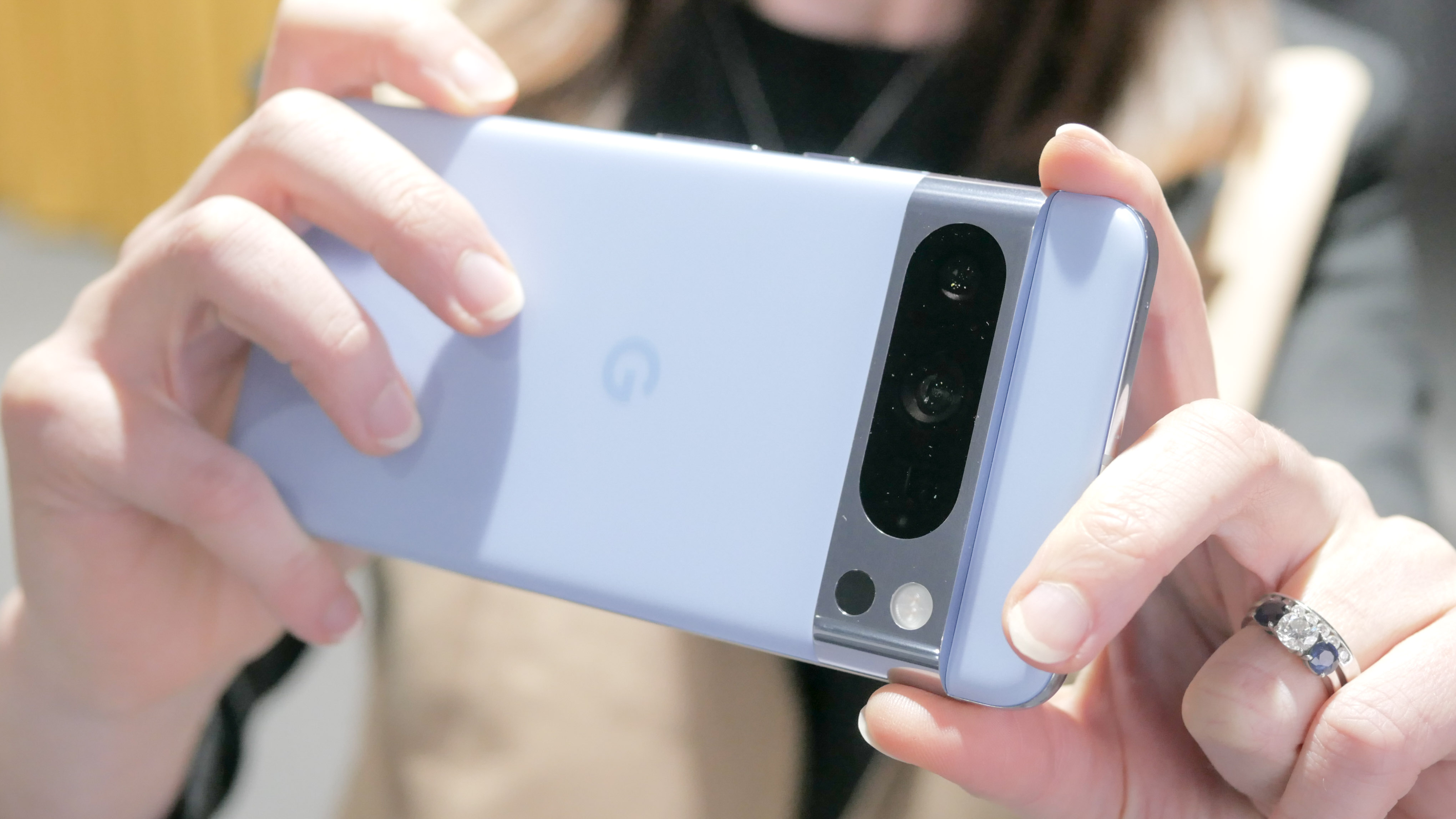
I am a big advocate for phones improving battery life rather than trying to add faster and faster charging speeds. Because if a phone lasts an entire day, and only ever has to charge overnight, it doesn’t really matter how fast it charges. In fact adaptive charging systems may even limit the maximum charging speed to preserve battery health.
But these are Google Pixels we’re talking about, and good battery life has never been one of their strong suits. So if given the choice between a phone that recharges at 18W and 30W, odds are I’m going to pick the latter. More so when you consider the Pixel 9 Pro should also have much faster wireless charging — even if you don’t have a Pixel Stand. However, since I have a Pixel Stand 2 and a 30W Google charger, I might as well try to take full advantage of them both.
New and better AI features
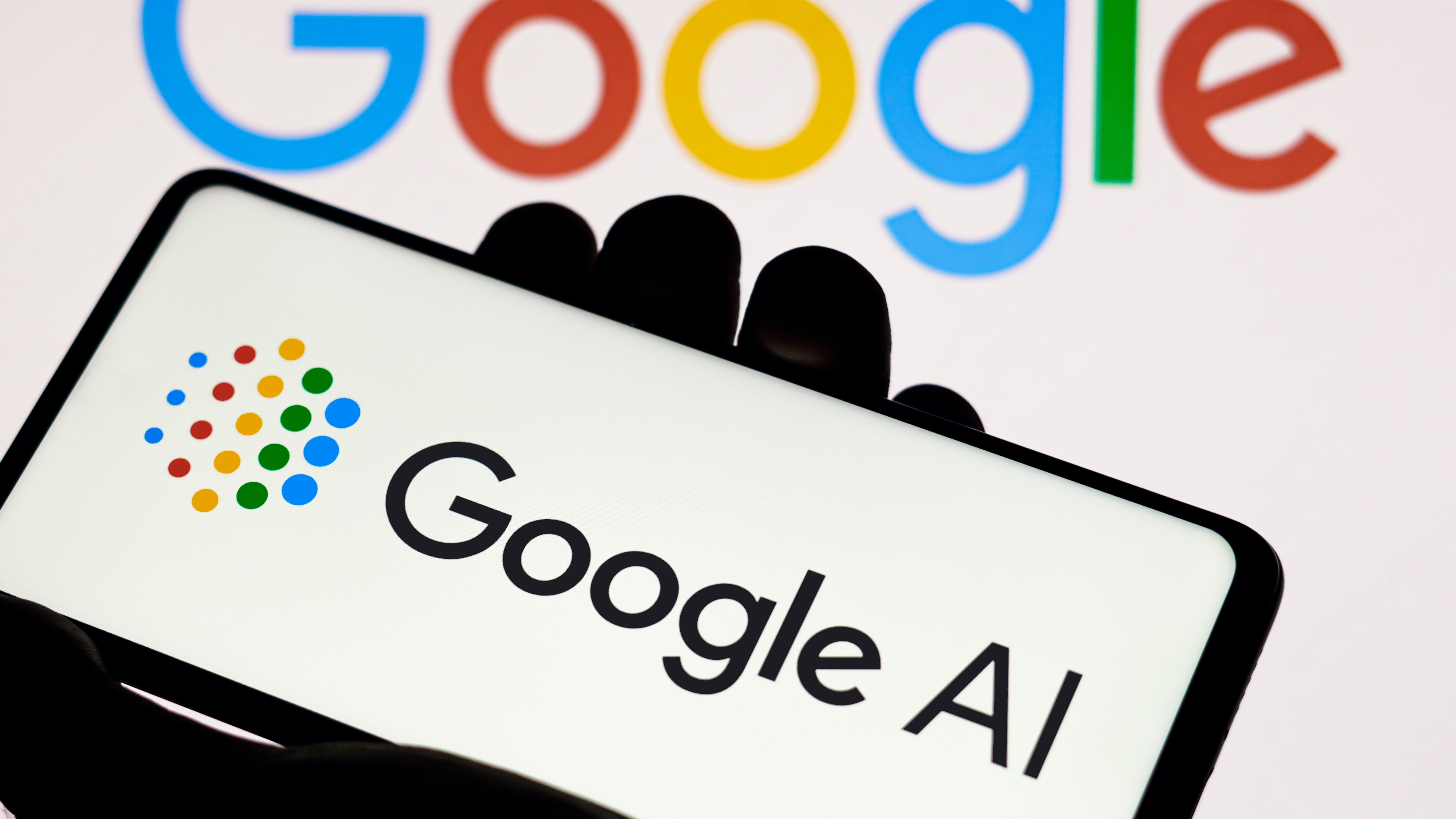
If there’s one thing the Google Pixel series is best at, it’s all the AI features. The Pixel 8a has many of the same features as the Pixel 8, thanks to them sharing the Tensor G3 chipset, and will even get access to Google's Gemini Nano on-device AI processing in the future. But it doesn’t have everything currently on offer, and there’s guaranteed to be more to come.
There was one AI feature that Google kept as a Pixel 8 Pro exclusive: Video Boost with Night Sight. Not only was this a way to improve the quality of your videos with cloud-based AI processing, it also meant that you could apply Google’s Night Sight feature to a video for the very first time. I suspect that the Pixel 9 Pro will also offer this feature and more. New AI features that are exclusive to Tensor G4 and the Pixel 9 family, alongside Pro-exclusive features.
I’ve no clue what those features might be. But considering how jealous I was that the Pixel 7a had Photo Unblur when my Pixel 6 Pro did not, I’d rather not miss out on any of the new AI features. Even if some of the image editing options do eventually come to Google Photos.
More from Tom's Guide
- Google Pixel 9 vs. Pixel 9 Pro — all the expected differences
- Google Pixel 8a is the best value Pixel phone ever released — here’s why
- Google Pixel 8a will get another Pixel 8 flagship feature after launch

Tom is the Tom's Guide's UK Phones Editor, tackling the latest smartphone news and vocally expressing his opinions about upcoming features or changes. It's long way from his days as editor of Gizmodo UK, when pretty much everything was on the table. He’s usually found trying to squeeze another giant Lego set onto the shelf, draining very large cups of coffee, or complaining about how terrible his Smart TV is.


